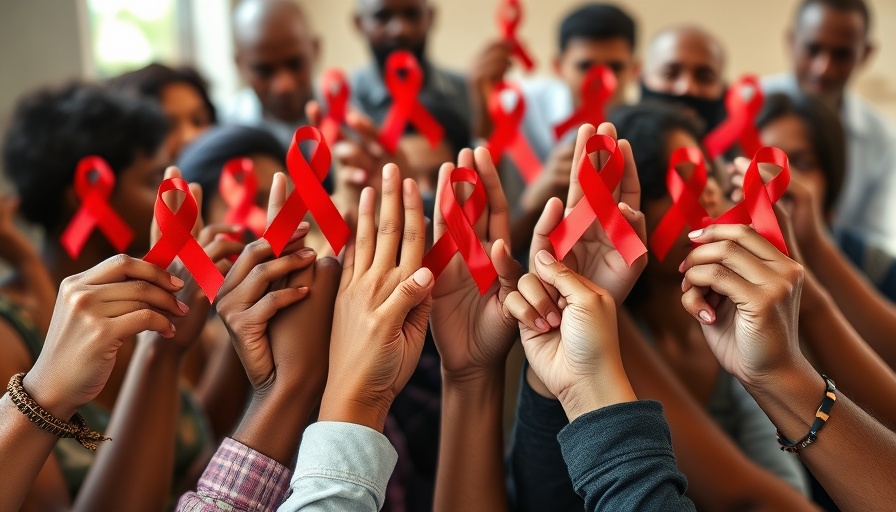
The Significance of National HIV/AIDS Aging Awareness Day
As we recognize National HIV/AIDS Aging Awareness Day on September 18, we reflect not only on the historical progress made in HIV treatments but also on the challenges faced by older adults living with the virus. The observance highlights the vital need for continued advocacy and support for this demographic, dependent on timely access to healthcare and essential services.
A New Reality: Aging with HIV
Aging with HIV is a phenomenon that has gained attention in recent years. The reality of living with HIV has transformed remarkably, especially for those who were diagnosed during an era marked by high mortality rates due to the virus. Today, thanks to significant advancements in treatment, individuals with HIV can lead longer, healthier lives. Over half of the people living with HIV in the U.S. are now aged 50 and older. The rise of this demographic highlights a need for systemic changes within Medicare and healthcare policies to meet their unique needs.
Medicare's Role in Addressing HIV/AIDS
Given that a significant percentage of individuals with HIV are now beneficiaries of Medicare, it is crucial for beneficiaries to understand their options for coverage. Medicare Part B, for instance, covers annual screenings for HIV for individuals aged 15 to 65 and provides comprehensive medication coverage under Medicare Part D for antiretroviral therapies. Moreover, the inclusion of pre-exposure prophylaxis (PrEP) under Part B since 2024 illustrates a shift towards preventive care aimed at high-risk individuals.
Challenges Specific to Older Adults Living with HIV
Despite the progress in medical treatment, older adults with HIV face unique challenges. Symptoms may result in delayed diagnosis, as they can be mistaken for age-related ailments. This can lead to advanced diagnoses at a stage where treatments are less effective. Furthermore, they may face comorbidities that complicate HIV treatment, affecting not only their health but also their mental and emotional well-being. The social stigma surrounding HIV and aging can exacerbate their isolation, further hindering access to support systems.
Advocacy and Support for Older African Americans with HIV
Particularly in communities of color, such as older African Americans living with HIV, the need for specialized advocacy is critical. Addressing health disparities is imperative, as these groups experience significant barriers in accessing healthcare. Nonprofits and advocacy organizations play an essential role in promoting awareness, facilitating screenings, and providing education on available resources. They can also help ensure Medicare adjusts its coverage to better suit the needs of diverse aging populations.
Future Perspectives: What Lies Ahead
The future for older adults living with HIV and utilizing Medicare services depends on ongoing advocacy and policy development. As demographics shift and more individuals age with HIV, understanding their specific healthcare needs will become increasingly vital. Medicare must continue evolving to provide adequate services that cater to this unique group. The integration of mental health services, improved screening processes, and expanded community outreach programs are just a few areas that can enhance the care provided.
Take Action: Empower Change for the Future
The call to action is clear: we must advocate for the legislative changes essential to supporting older adults living with HIV. Contact your senators today and urge them to protect healthcare funding critical for this vulnerable population. By raising our voices collectively, we can make a difference in the lives of many.
 Add Row
Add Row  Add
Add 




Write A Comment